Sale!


PADI Freediver
AED1,700.00 Original price was: AED1,700.00.AED1,500.00Current price is: AED1,500.00.
The PADI Advanced Freediver course is an intermediate-level certification program designed to further develop the skills, knowledge, and techniques of freedivers who have already completed the Basic Freediver course or have equivalent experience. This course aims to enhance your abilities as a freediver, allowing you to explore deeper depths and prolong your breath-hold times.
Course Content:
- Theory Sessions:
- Introduction to freediving principles, including physiology, breathing techniques, equalization methods, and safety protocols.
- Understanding the basic equipment used in freediving, such as masks, snorkels, fins, and wetsuits.
- Confined Water Sessions:
- Pool or confined water sessions to practice breath-holding techniques, static apnea (breath-hold), and dynamic apnea (underwater swimming).
- Learn proper finning techniques and body positioning to optimize efficiency and conserve oxygen during dives.
- Open Water Sessions:
- Open water sessions in a controlled environment, such as a shallow bay or calm ocean, to apply skills learned in confined water.
- Practice freediving descents, ascents, and buddy procedures under the supervision of a certified freediving instructor.
- Safety and Rescue Techniques:
- Instruction on safety procedures, including proper buddy diving protocols, emergency ascent techniques, and recognizing signs of hypoxia and blackout.
- Introduction to basic rescue techniques for assisting a freediving buddy in distress.
Certification Requirements:
- Knowledge Development: Complete all theory sessions, quizzes, and exams to demonstrate understanding of freediving principles and safety practices.
- Confined Water Sessions: Successfully complete confined water sessions, demonstrating breath-holding techniques, static apnea, and dynamic apnea skills.
- Open Water Sessions: Demonstrate competency in freediving skills during open water sessions, including descents, ascents, and buddy procedures.
- Safety and Rescue Skills: Show proficiency in safety and rescue techniques, including recognizing and responding to emergencies.
Certification Benefits:
- PADI Basic Freediver Certification Card: Upon successful completion of the course requirements, you’ll receive a PADI Basic Freediver certification card, recognizing your achievement and allowing you to engage in basic freediving activities.
Safety Considerations:
- Progressive Training: Freediving is an inherently risky activity, so it’s essential to progress gradually and always dive within your comfort level and limits.
- Buddy System: Always dive with a buddy, and practice proper buddy procedures to ensure safety and provide assistance if needed.
- Medical Screening: Before participating in freediving activities, it’s important to undergo a medical evaluation to ensure you’re in good health and fit for diving.
Continued Education:
- Advanced Freediving Courses: After completing the PADI Basic Freediver course, you may choose to pursue further training and certifications, such as the PADI Freediver or Advanced Freediver courses, to expand your skills and knowledge in freediving.
Duration: 2 days
Age: 12 + Years Old
The PADI Advanced Freediver course offers an opportunity for freedivers to enhance their skills, confidence, and knowledge, allowing them to explore deeper depths and longer breath-hold times in a safe and controlled manner. By focusing on advanced techniques and safety procedures, this course prepares you for more challenging freediving experiences while emphasizing safety and responsibility in the water.
Related
Be the first to review “PADI Freediver” Cancel reply
Related products
-
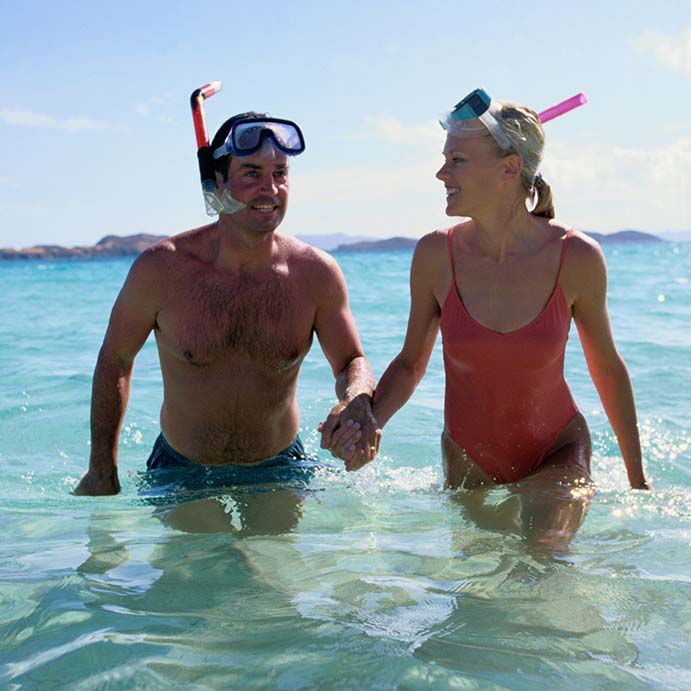
Snorkeling
From: AED1,000.00 -
Sale!
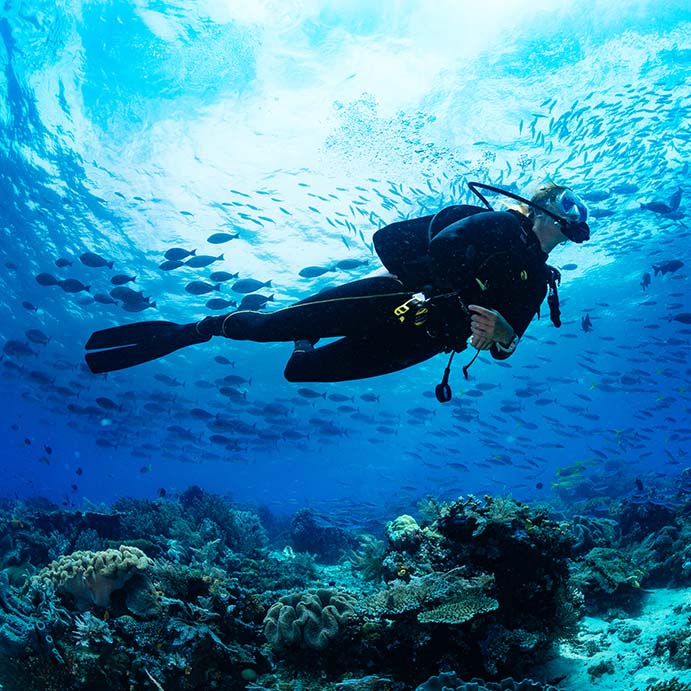
PADI Advanced Open Water
AED2,100.00Original price was: AED2,100.00.AED1,600.00Current price is: AED1,600.00. -
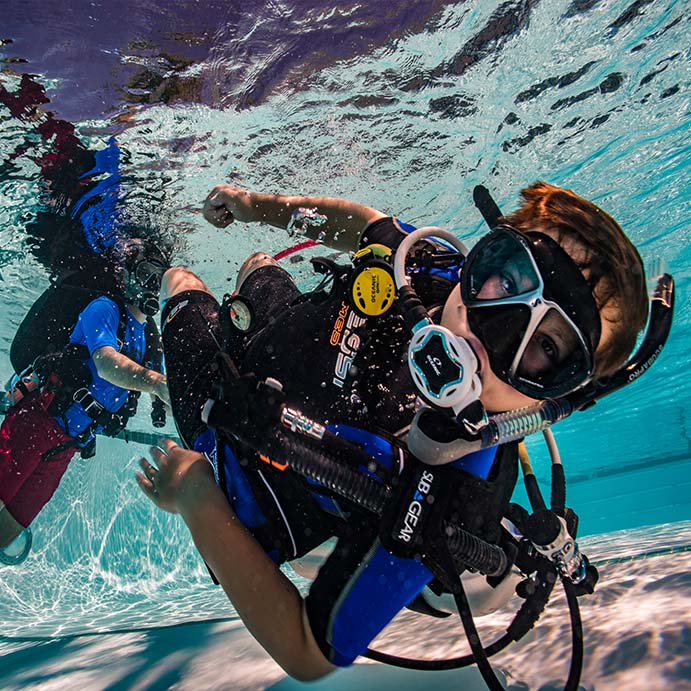
Junior Open Water Diver
AED1,500.00 -
Sale!
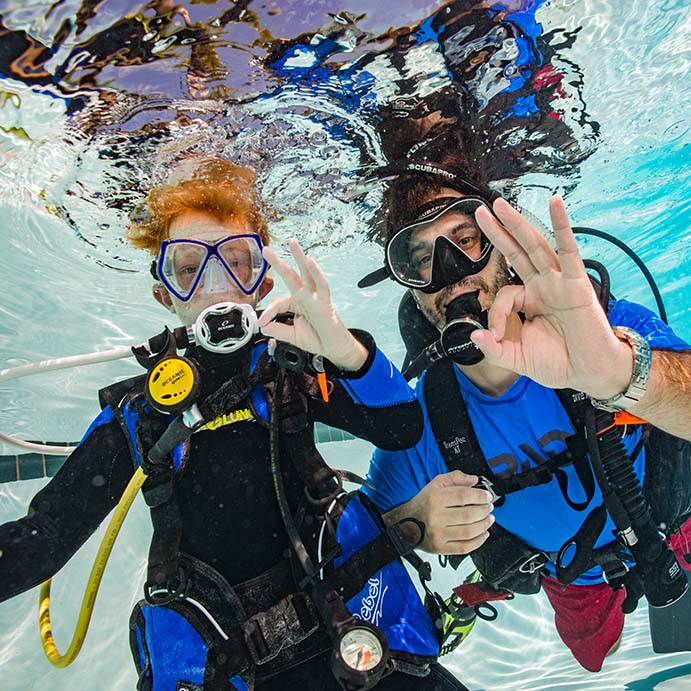
Junior Advanced Open Water Diver
AED1,800.00Original price was: AED1,800.00.AED1,500.00Current price is: AED1,500.00.
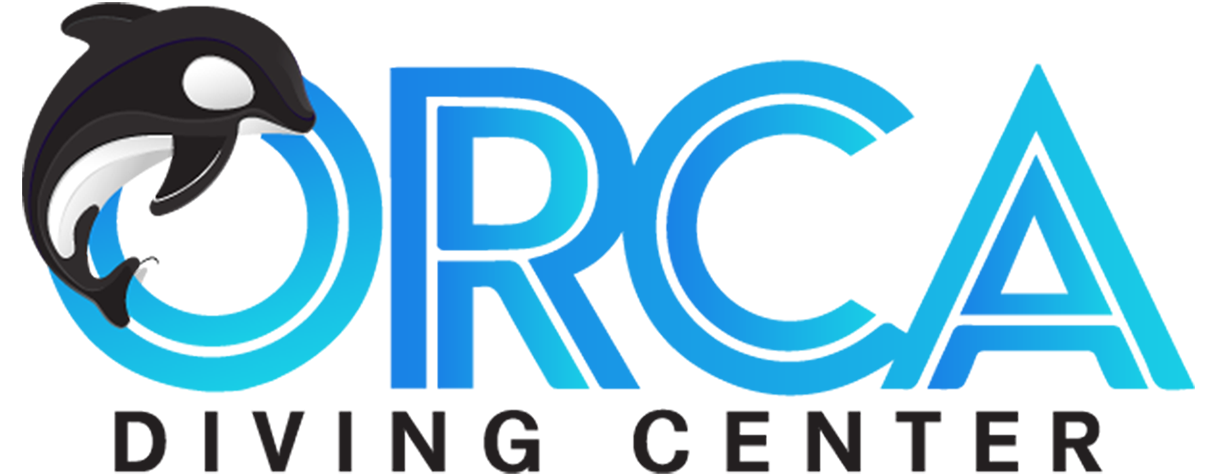
Reviews
There are no reviews yet.